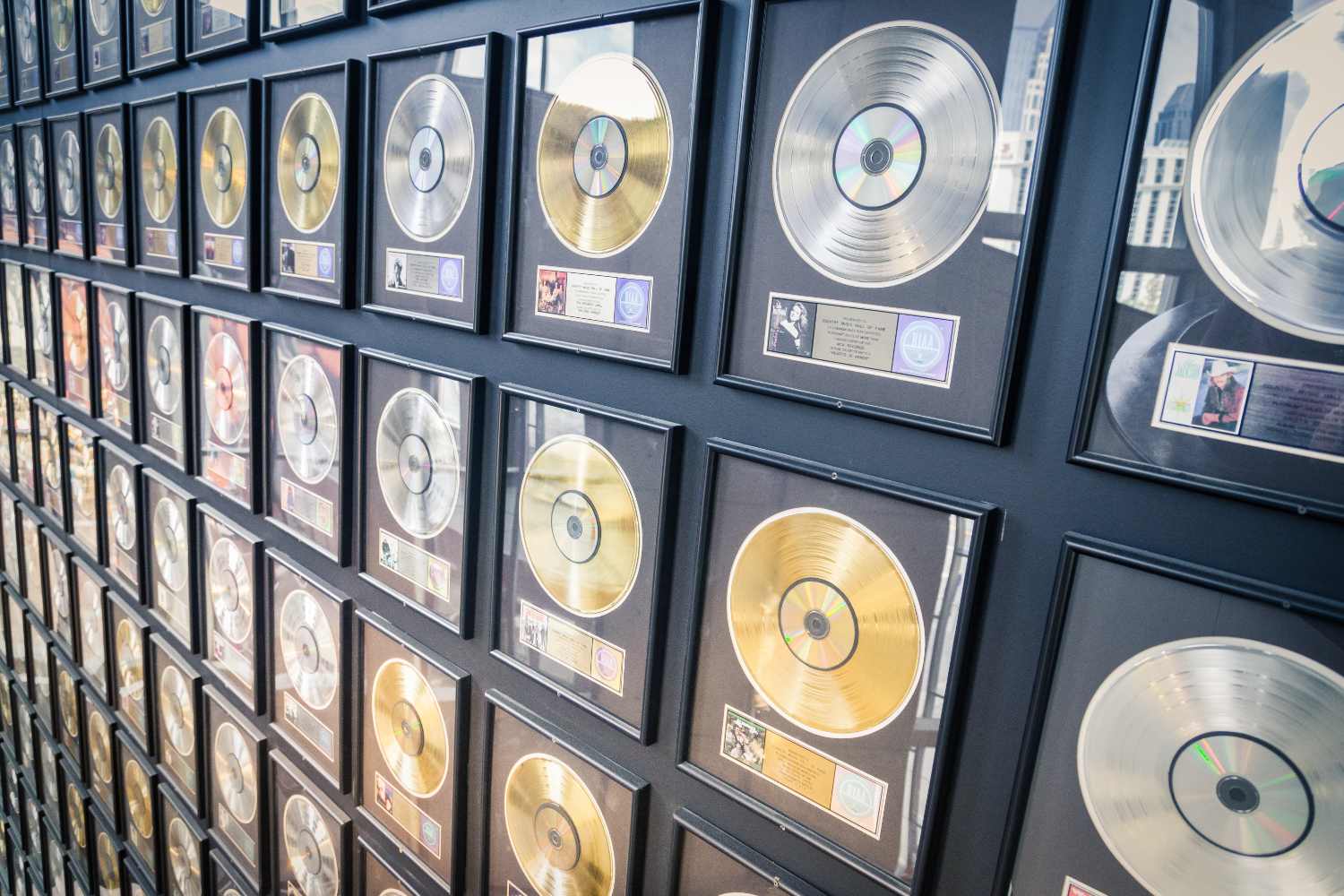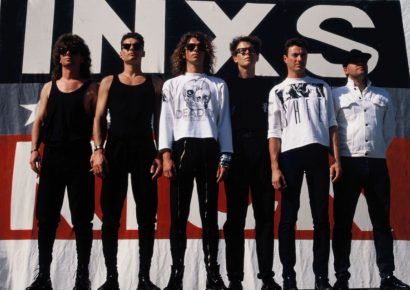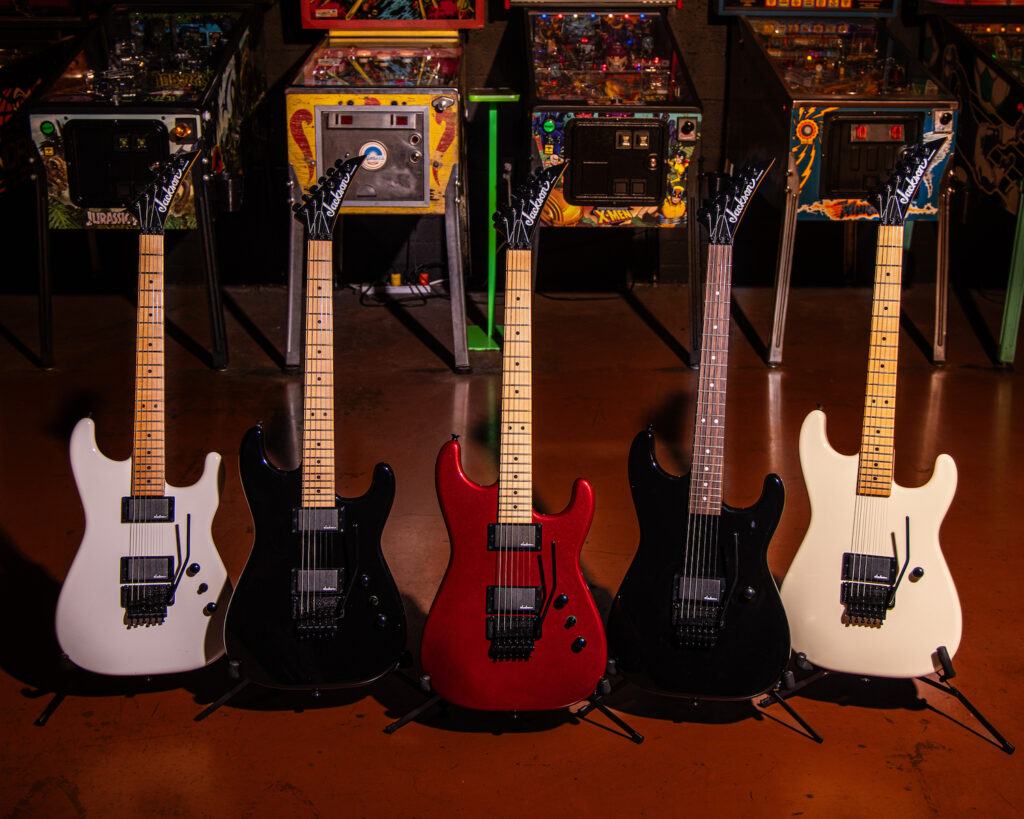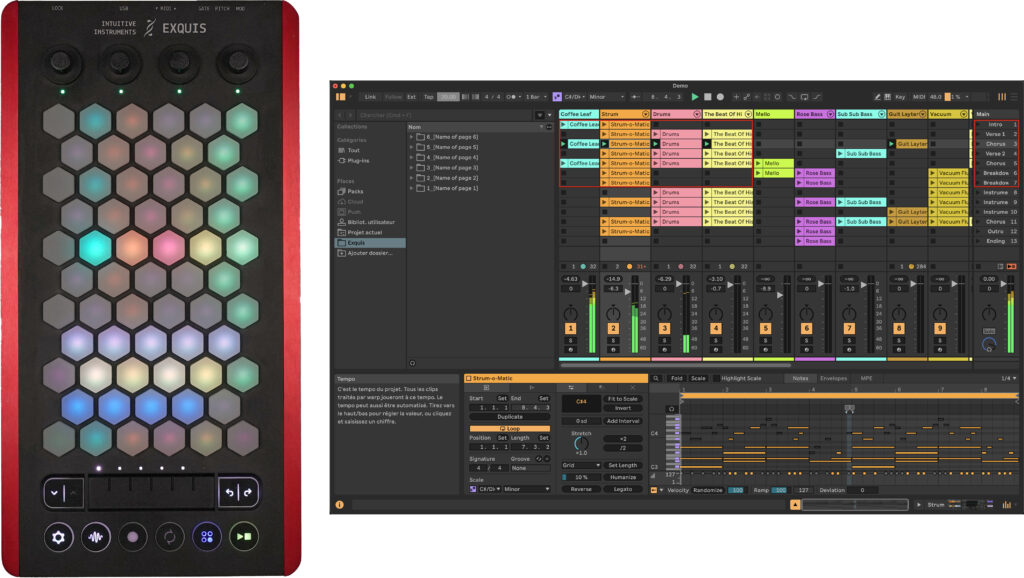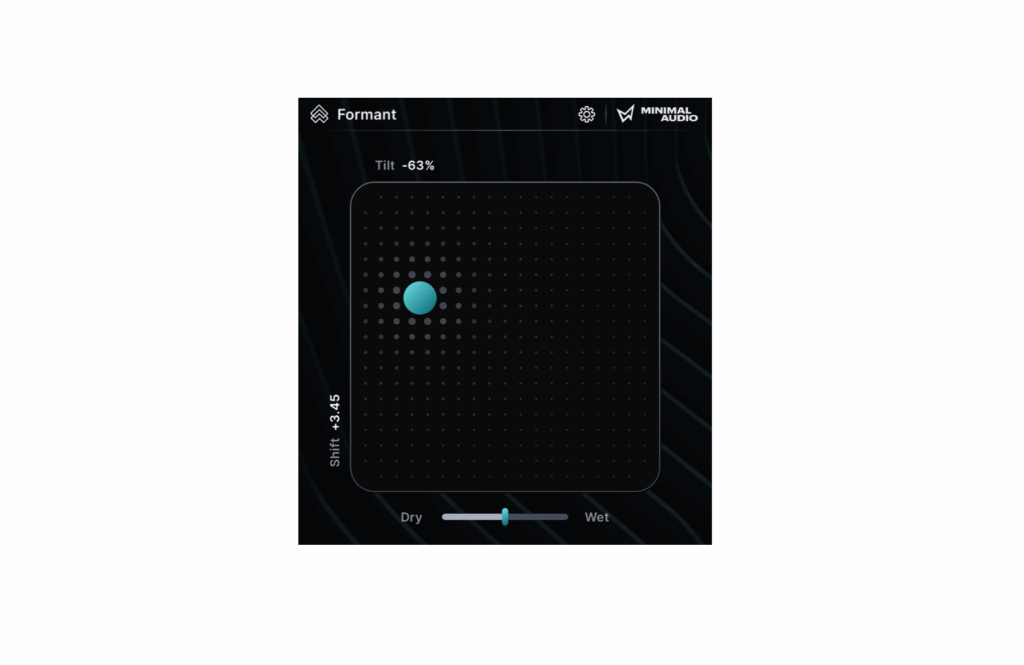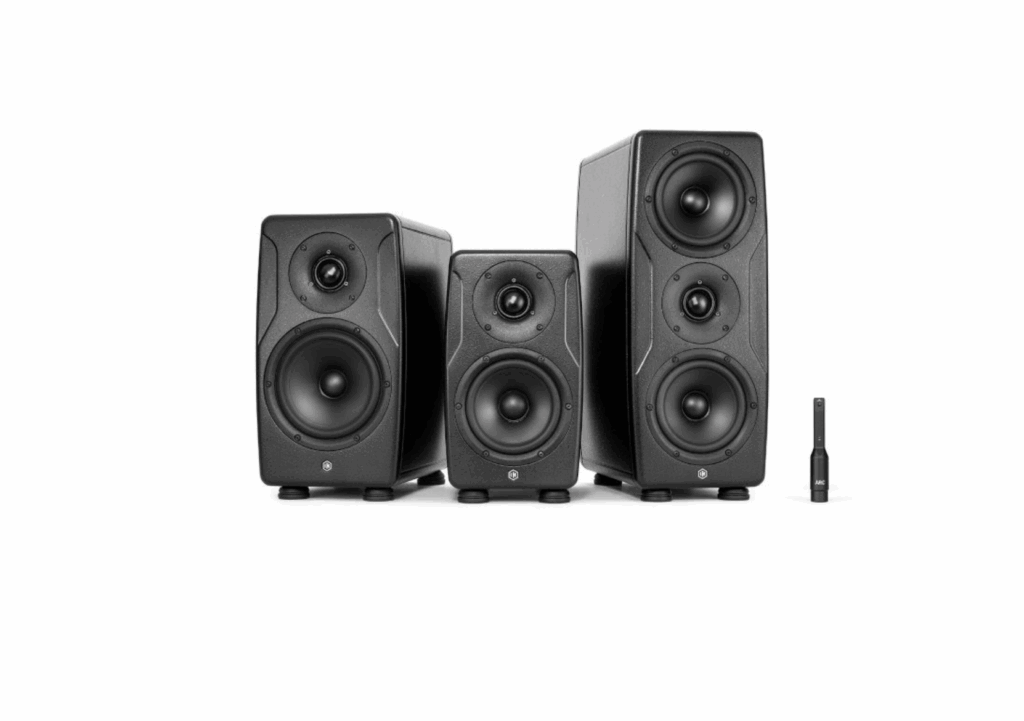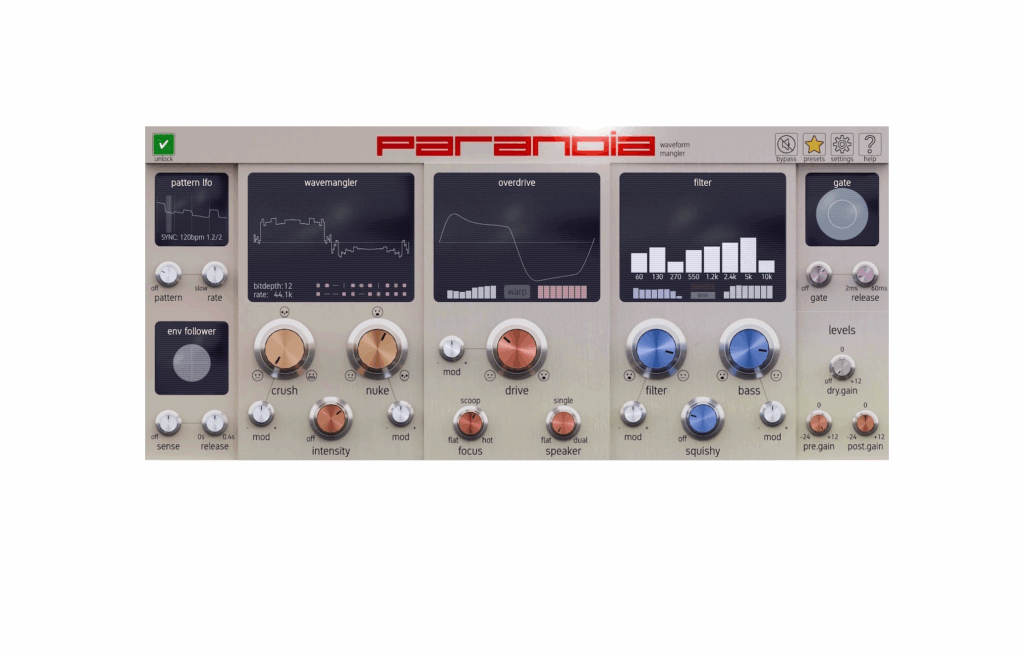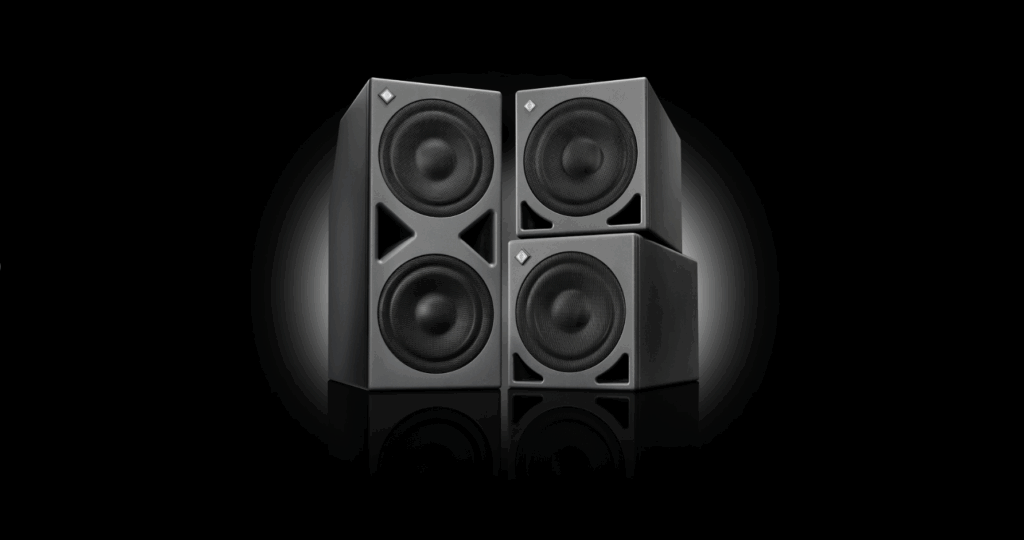Shazam now offers concert and tour information, MEAA responds to Federal Budget, and more!
Been out of the loop with everything that’s been going on in the music industry recently? We don’t blame you. Here’s a wrap-up of all the biggest Aussie music industry news stories from the past week.
The top headlines:
- The Women in Music Awards return, but gender balance still isn’t there.
- Shazam now offers concert and tour information.
- The MEAA aren’t happy with the Federal Budget allocation to the entertainment sector.
Keep up to date with the latest industry news here.
Australian Women in Music Awards return while new report confirms more gender imbalance
After a COVID-induced hiatus, the Australian Women in Music Awards (AWMA) return in May with the conference component looking at women & hip hop, workplace safety & sexual harassment, and youth & mental health.
The keynote ‘in conversation’ is Yumi Stynes with Tina Arena, who also pays tribute to Olivia Newton-John, this year’s Honour Roll recipient.
Up for the Tina Arena Special Impact Award are Frontier Touring’s Sahara Herald, musician and educator Sonja Horbelt and arts consultant and radio presenter Dina Bassile.
Others cover lifetime achievement, diversity, humanitarian, classical, leadership, music journalist and photographer among others.
Nominated for Studio Production are Antonia Gauci of Studio 301, Becki Whitton of Rolling Stock Recording Rooms, and Alice Ivy.
Speaking of production, a new US study of one thousand songs on Billboard’s Hot 100 in 2021, found female producers only made up 3.9 per cent of the pool.
None were nominated for producer of the year at the Grammys.
Inclusion In The Recording Studio?, on gender equality in the biz is by Dr. Stacy L. Smith and the USC Annenberg Inclusion Initiative
Of the 180 artists on the chart, 23.3 per cent were women. (No artists identified as gender non-conforming or non-binary in 2021). Only 14.4 per cent of songwriters were women.
In the last ten years, women were more likely appear as songwriters on dance/electronic songs (20.5 per cent) and pop (19.1 per cent), and least likely in hip hop/rap (6.4 per cent) and R&B/soul (9.4 per cent).
Aussie acts get global boost from Fender
Aussies Budjerah and MAY-A made Fender’s fourth Fender Next list of 25 emerging artists around the world “pushing the guitar forward in music and culture”. 850 applied for the program.
They get Fender gear, videos, marketing support to 10 million customers around the world, and the chance to feature in Fender ads and events.
Previous Oz winners were Lime Cordiale, Eliza & The Delusionals, Skeggs, Stand Atlantic, and Running Touch.
Do NSW fans & musos with a disability have the venues they deserve?
Music venues are eager to cater for artists and patrons with a disability. One in five Australians have one. But MusicNSW’s new Music Accessibility Project Pilot Report found that there’s a lot more to improve and come up with a number of recommendations to improve accessibility.
Some of these are relatively low or no cost, others would require significant capital works.
Some examples were main entrances inaccessible to those with mobility disability, toilets accessible only via stairs, no lowered section of the bar counter for wheelchairs, no hearing loops, or step-free access to the stage.
Digital accessibility is where venue access really starts, as online is where people go to access information to determine whether (or not) a gig will be accessible to them or how to plan.
Of 20 venues, only 25 per cent had info on accessibility, captioning or alternative text or image description.
This project was funded by City of Sydney and managed by disabled musician and access consultant Morwenna Collett, with project partners Accessible Arts, Attitude Is Everything (UK) and Patternmakers. See the video below.
Recommendations include councils offering grants for capital works, and venues to actively provide gigs. Musicians with a disability earn 42 per cent less because of less job and network opportunities.
Falls Victoria eyeing larger crowds at new site
Falls Victoria’s move from Lorne to Pennyroyal Plains, 60km southwest of Geelong, will allow it to double its attendance from its current number of 17,500.
Applications lodged with Colac Otway Shire show promoters want the figure up to 25 thousand in 2022-23 and to 35 thousand by the third year.
Shazam now offering concert and tour information
Shazam, the music recognition app owned by Apple since 2018, now provides concert and tour information for its 225 million monthly users, following integration with Bandsintown.
Users searching for, or Shazam’ing, a song, are shown info on local concerts and ticket details, which they can share and add to their calendars.
Bandsintown has 68 million users and services over 560 thousand artists, managers, labels, and booking agents.
Another Aussie writer cracks one billion streams
Another Australian songwriter cracked one billion streams. London-based John Courtidis co-wrote ‘Head & Heart’ by UK artists Joel Corry and MNEK which was released in July 2020.
It was number one in the UK, Ireland, Scotland, and the Netherlands.
In Australia it reached number two, spent 26 weeks in the top 10, went six-times platinum and was the most streamed song written by an Australian on streaming services in financial year 20-21.
APRA inducted Courtidis in its 1,000,000,000 List for billion streamers.
Music folk in court
Music fans in Caloundra, Queensland had the strangest reasons for ending up in court.
A 24-year old painter admitted he crashed his car and passed out drunk on the streets because he was “bitterly disappointed” with the Wiggles winning triple j’s Hottest 100 and got kicked out of a triple j party.
He was fined $1100 and disqualified for 13 months, as reported by the Courier Mail.
A 41-year-old panel beater was fined $1650 for throwing a tantrum at the Caloundra Music Festival after being told by a COVID marshall to wear a proper mask and that his fishing sun protector was not suitable.
Four cops were called, and he tried to scratch and kick them, also as reported by the Courier Mail.
Study: Time of day decides song preferences
A new study from Aarhus University in Denmark concluded that the time of day decides our preferences for the songs we want to listen to.
Based on four million songs on Spotify, researchers concluded that we generally start off with something slow, country, or classical.
As the day goes on, the trend is for something louder and faster, like AC/DC or metalcore.
And the ‘middle’ song you can listen to any time of the day? The Police’s 1983 soothing ode to stalking and control, ‘Every Breath You Take’.
“It just has something a little bit magical about it, the straight rhythm and the drums and the rather pleasant melodic lines,” said the lead researcher adding it was good background music but with enough elements not to be elevator music.
QMusic unveils Safety and Diversity Advisory Group
Peak Queensland music association QMusic unveiled the members of its new Safety and Diversity Advisory Group (QSDAG).
It will provide insights and advice on how QMusic events can be more inclusive and safer for women, First Nations, and LGBTQIA+ artists and industry people, also working with venues and key stakeholders to ensure their safety needs.
It is chaired by ARIA-winning music photographer and safety advocate Michelle Pitiris with Bridgette DiFerdinando (Neuroleadership institute), Cat Clarke (the Zoo club), Shaan Ross-Smith (MATE, DVConnect), DJ and radio presenter Dameeeela, Thelma Plum, and Zoe Davis of Cub Sport.
QMusic recently attended a roundtable with Queensland Attorney General Shannon Fentiman to discuss different programs that could be aligned to help ensure the safety of women in music and hospitality venues.
The association’s Concert Care initiative rolled out at the Big Summer Block Party late last year will be expanded to other QMusic events.
Entertainment biz lashes Federal Budget
The entertainment sector has made it clear that the Federal Budget fell short of the mark for their needs. Live Performance Australia said the sector still faced many challenges in its revival, calling for courses to get over the skills shortage, tax incentives to spark investment, and a national insurance scheme for promoters.
The Media, Entertainment & Arts Alliance (MEAA), which represents most arts workers, pointed out that despite its efforts to “maintain the fiction”, the federal government was continuing “a pattern of neglect and lack of vision for the arts.”
MEAA analysis of the Budget reveals that the allocation to regional arts will fall from 18 million dollars this year to 7.5 million dollars next year, for film and television from 195 million dollars to 150 million dollars, and for Screen Australia will be cut from 109.9 million dollars to 98.3 million dollars.
Community radio’s 20.5 million dollars funding was maintained at its “critical baseline” but will work with the government to bring it up to 25 million dollars.
See the MEAA’s full response here.
